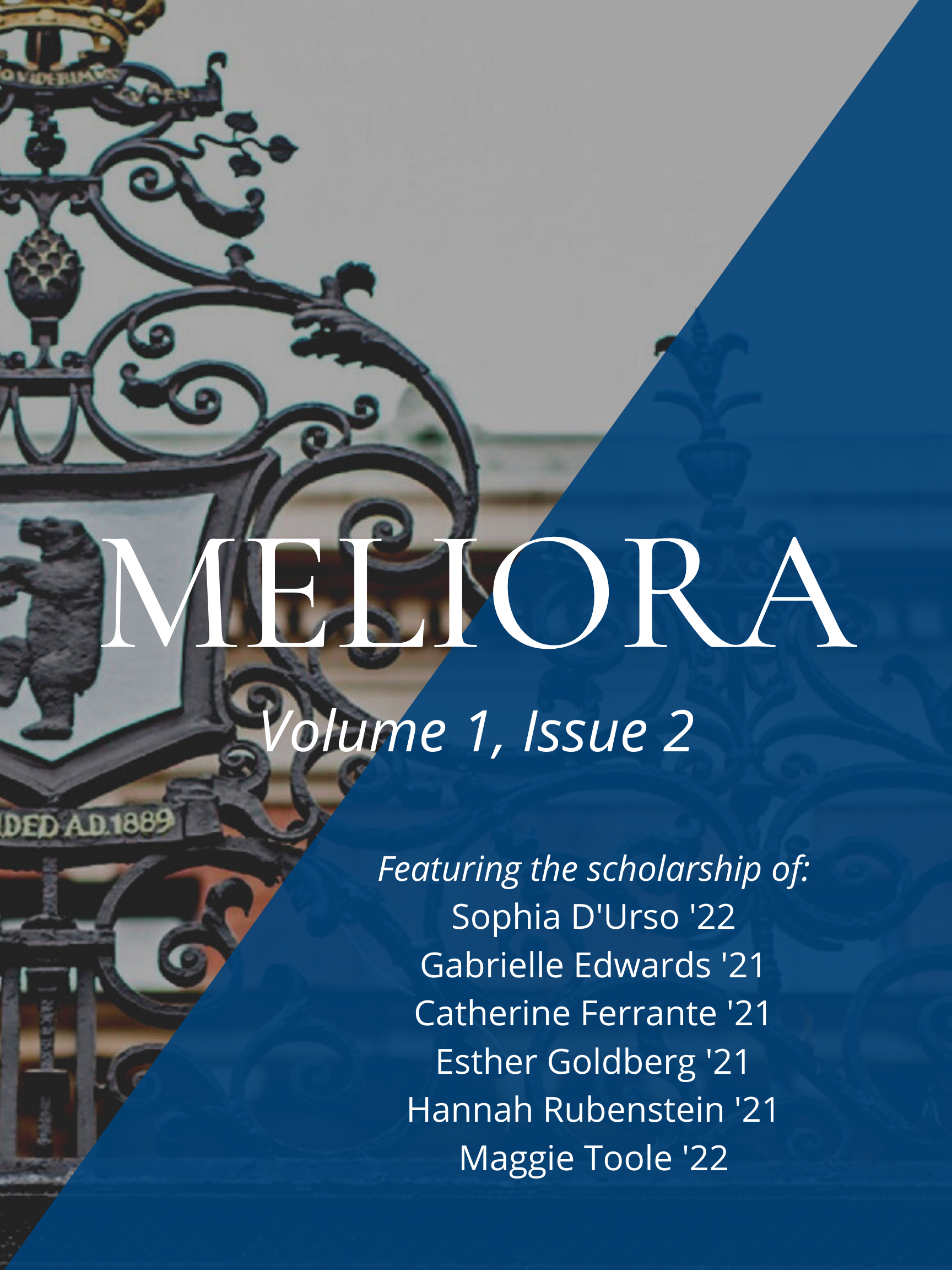الملخص
There is no neat division between the economic and the domestic. Not only are they connected, but their meaning, structure, and value are decidedly conditioned by one another. Yet, since it is capitalism’s nature to conceal exploitation, domesticity becomes outwardly coded as the domain of tradition, despite the productive forces of the market shaping domesticity through the process of social reproduction. Lise Vogel asks how the worker is produced in capitalism, analyzing the peculiar way women are exploited in this process. Using Vogel’s theory of labor and Marx’s analysis of commodity fetishism, this thesis analyzes Jane Austen’s Mansfield Park as a remarkable and salient example of capitalist relations invading and determining the realm of the domestic in the early 19th-century. At the beginning of the novel, Fanny Price, the protagonist of the novel, is intimately involved in social reproduction, but when she is displaced to the extravagant halls of Mansfield Park, her uncle’s estate, she enters the commodity sphere and becomes an ideological weapon, emptied out of her original and unique value to fervently justify the ruling class's power.

هذا العمل مرخص بموجب Creative Commons Attribution 4.0 International License.
الحقوق الفكرية (c) 2022 Gabrielle Edwards

